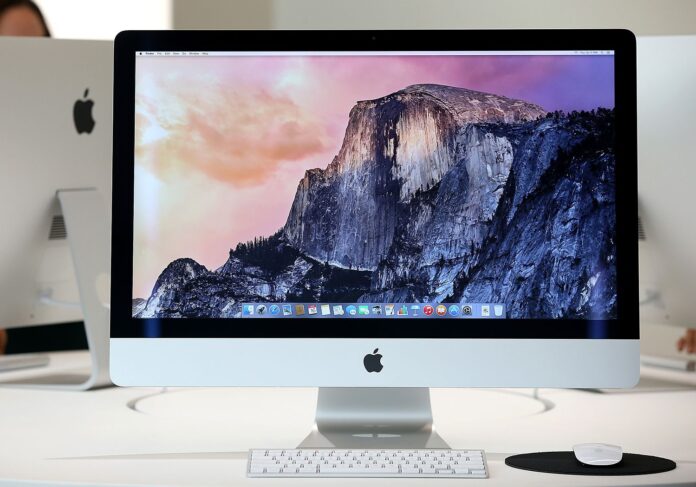Have you ever had any problems using a VPN on your Mac computer? If not, that is great! However, if yes, this article might be of great help to you. Check out the benefits of VPN on Mac computers below!
Secure Your Browsing
Your search results can be tracked , which is a problem if surfing for something private. Fortunately, there are tools to help you stay safe. The best way to protect your browsing is with a virtual private network (VPN). A MAC VPN will encrypt all of your web traffic and direct it through an intermediary server in a location of your choosing—likely outside your own country.
Protect Yourself from Online Threats
Benefits of VPN help you protect your identity, data, and IP address by encrypting your data and sending it through secure tunnels to a remote server. It’s a good idea to use a VPN if you access public Wi-Fi often or do business overseas. If you want one for personal use, we recommend signing up with IPVanish, which has strong encryption and privacy policies.
Browse Anonymously
If you’re using a public Wi-Fi network, your name, browsing history, and location may be visible to anyone connected to that same network. Instead of logging onto those networks directly, use a VPN to protect your information. If you use a VPN with an encrypted connection, all traffic is securely transmitted over that connection and can’t intercept other users on the network.
Access Geo-Restricted Content
VPN stands for Virtual Private Network. It allows you to connect your device to a secure server and hide your internet activity from prying eyes. For example, if you want to access Netflix, which is only available in North America, you have to connect your VPN (Virtual Private Network) and select a US server. Netflix thinks that it’s sending content directly to you when in fact, it’s going through a secure server that encrypts everything before sending it to your computer or mobile device.
Encrypt Data
When you send or receive any sensitive data, it should be encrypted. For example, if you are a bank and your clients transfer their money to you, it is recommended that all data be encrypted so no one else can access it. VPNs encrypt data using tunneling protocols and other security mechanisms. SSL (Secure Sockets Layer) and SSH (Secure Shell) are the most secure VPN protocols. Although SSL is less common than SSH, it is also highly effective.
Keep Personal Information Private
The VPN we’re going to talk about today is slightly different from what you might be thinking. A virtual private network, or VPN, has become necessary in today’s world. We use it when we connect to public Wi-Fi hotspots and even when we are at home connected to our private networks. With so many nefarious characters trying to gain access to our information, it makes sense that a tool like VPN is an essential way to stay safe from prying eyes.












